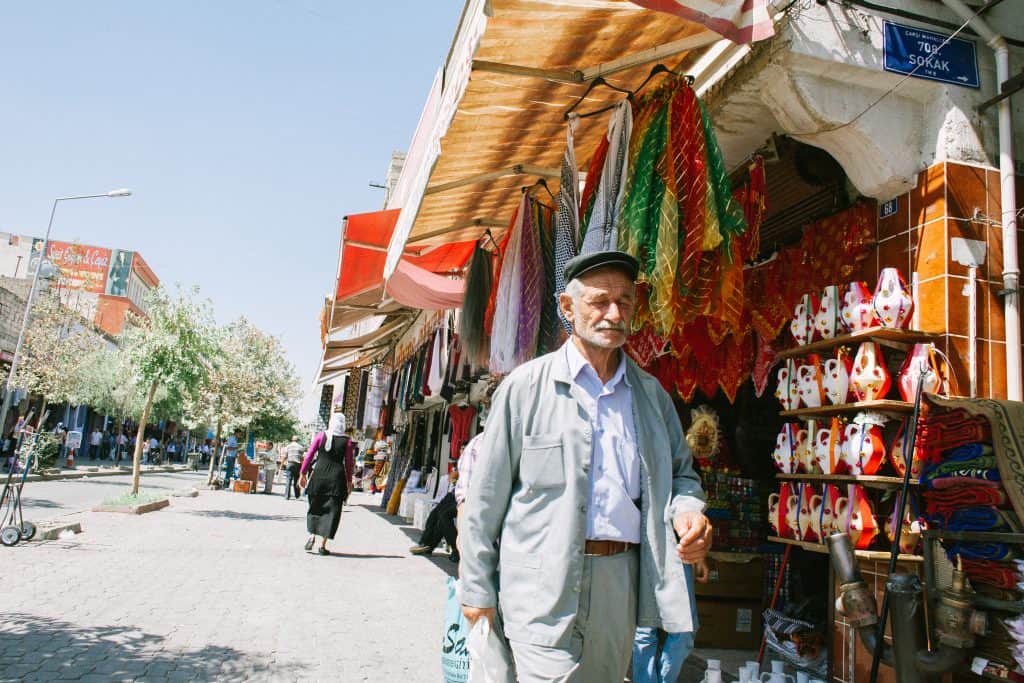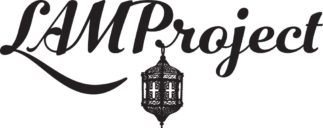


Who Are The Kurds?

The Kurds are one of the indigenous peoples of Mesopotamia, making their home at the crossroads of modern-day Iran, Iraq, Syria, Turkey, and Armenia. Living as nomadic tribes of shepherds and warriors for more than a thousand years, their traditional lifestyle was interrupted following WW1, as the boundaries of the Middle Eastern nations were re-negotiated. Many Kurds could no longer migrate to their previous pastures and so began to settle down in the newly-formed countries in which they found themselves.
Despite their long and rich history in Central Asia, in modern history the Kurds have repeatedly been overlooked in international treaties and for the past 100 years, have often been persecuted and treated unjustly by the governments of the countries in which they reside. Today they are the world’s largest ethnic people group (37.2 million people) without their own country. The majority of Kurds live in war zones, areas dominated by rebel groups and terrorists, or otherwise politically unstable areas. Most of them are poor, with limited access to education in their mother tongue. As a result, a large diaspora of Kurdish peoples can be found in Western Europe today.






















